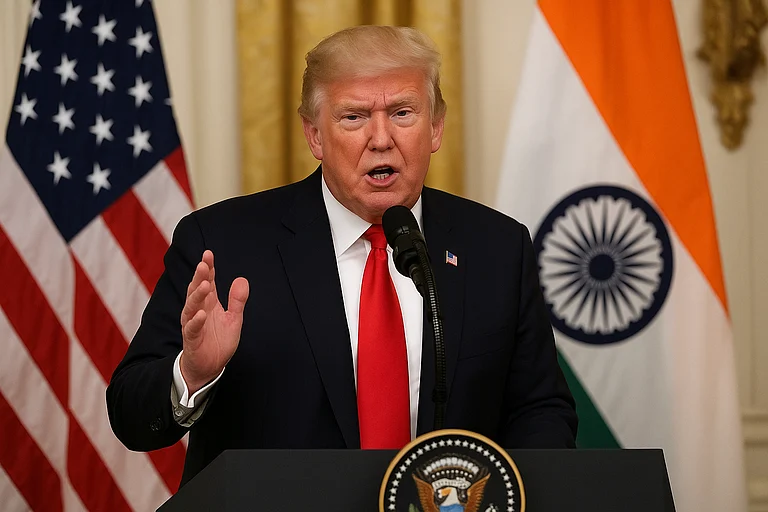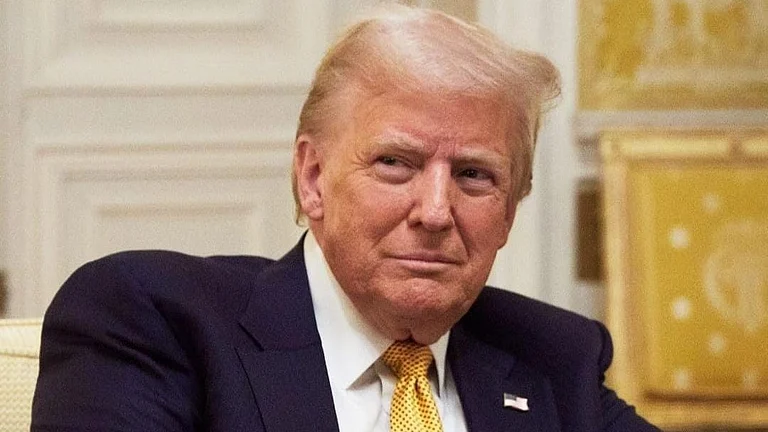BitGo, a Goldman Sachs-backed cryptocurrency custody firm, is the latest cryptocurrency company to secure regulatory approval to operate across the European Union.
The firm announced on May 12, that Germany’s financial regulator, the Federal Financial Supervisory Authority (BaFin), granted BitGo Europe a Markets in Crypto-Assets Regulation (MiCA) license to provide digital asset services in the EU.
Through this license, BitGo can offer services to crypto-native firms and traditional finance institutions, including banks and asset managers within the EU.
BitGo Europe managing director Harald Patt said, “This license underscores our commitment to the highest standards of security, transparency, and trust."
8 major crypto firms announce US expansion this year
Since US President Donald Trump took office at the start of the year, crypto services platform Nexo shared its plans to reenter the United States market on Monday, marking the eighth major crypto firm to announce such plans.
In order to launch their US expansion, companies like Circle, Binance, and OKX are counting on favorable regulatory clarity in 2025. Congress is currently considering bills like the GENIUS Act and the STABLE Act, which, if passed, will set the stage for immediate success.
According to Cointelegraph, Trump and his family are actively involved in some of these planned expansions. Nexo’s recent announcement was backed by Donald Trump Jr., who said, “We see the opportunity for the financial sector and want to ensure we bring that back to the US.”
Amid concerns of conflicts of interest and blatant token shilling by the Trump family, it remains to be seen whether these upcoming regulations will adequately protect everyday investors.
Dark stablecoins’ could emerge as regulations tighten
“Dark stablecoins”, Censorship-resistant could come in increasing demand as governments tighten their oversight of the industry.
Ki Young Ju, CEO of crypto analytics firm CryptoQuant, said in a May 11 X post, that stablecoins have been used for various groups to store assets due to a lack of government interference; however, with regulations pending, that could soon change.
“Soon, any stablecoin issued by a country could face strict govt regulation, similar to traditional banks. Transfers might automatically trigger tax collection through smart contracts, and wallets could be frozen or require paperwork based on government rules,” he said.
According to Cointelegraph, “People who used stablecoins for big international transfers might start looking for censorship-resistant dark stablecoins instead.”
On the heels of US President Donald Trump’s crypto-friendly administration assuming power earlier this year, lawmakers are weighing stablecoin legislation, which seeks to regulate US stablecoins, ensuring their legal use for payments.
Crypto-Assets (MiCA) regulation have already been brought into the European Union Markets, which, among other measures, mandates that stablecoins be regulated and transparent.













